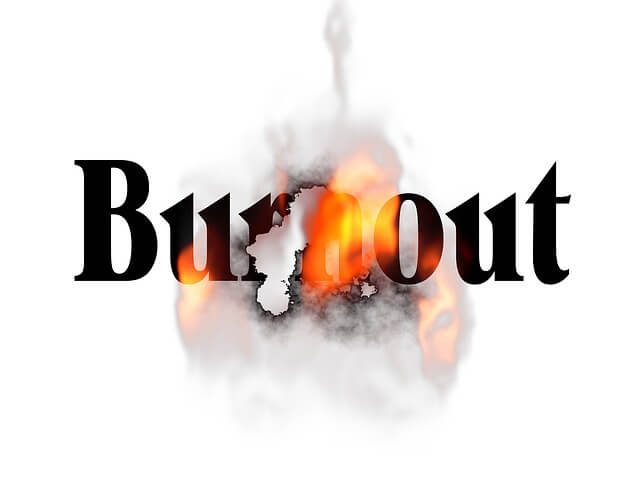Burnout – Part One
With these next few posts, I would like to put some of the more glamorous aspects of grad school on hold – yes, there are many glamorous aspects of grad school – and talk about a very serious issue that impacts many graduate students: burnout. In part one of this two-part series, I will be talking about what burnout is, and some of the warning signs that you might be experiencing burnout. In part two, I will be discussing ways prevent and treat burnout.
So what exactly is burnout? Well, in its most basic form, burnout is a state of psychological exhaustion that is characterized by a lack of interest in work and other areas of one’s life as well as a general lack of motivation. Specific to graduate students, burnout occurs when students become uninterested and/or unmotivated when it comes course work, thesis/dissertation, and other demands of graduate study.When you think about all the requirements, pressure, and demands of graduate school, it makes perfect sense that many graduate students struggle with burnout at some point or another throughout their graduate career. Again, I would like to highly stress that many – if not most – graduate students will experience burnout during some point while completing their doctoral degree, and that experiencing burnout is by absolutely no means a sign of weakness, inadequacy as a student, or that you weren’t cut out for graduate school.
So then, how do you know if you are experiencing graduate school burnout? Well, there are many signs that might let you know if you are experiencing burnout. One of the tell-tale signs that you might be experiencing burnout is a general sense of apathy towards school. In other words, you might have a major case of the I-Don’t-Give-A-[insert a four letter word of your choice here]s. You might find yourself slacking on assignments, not paying as much attention in class, or just simply not caring about course material.
Other signs of burnout include a lack of interest in things you once found enjoyable, increased isolation, a constant sense of fatigue, poor sleep, difficulty concentrating, irritability, etc. Now for those of you who are a bit more clinically minded, these warning signs might sound a bit familiar. Yes, in many ways graduate school burnout can look a lot like clinical depression.
If you are experiencing signs of graduate school burnout, do not be alarmed. First, I think it is safe to say that you are not alone in your struggles. And secondly, there are ways that you can overcome graduate school burnout. Check out next week’s blog for some helpful hints in battling graduate school burnout.


0 comments